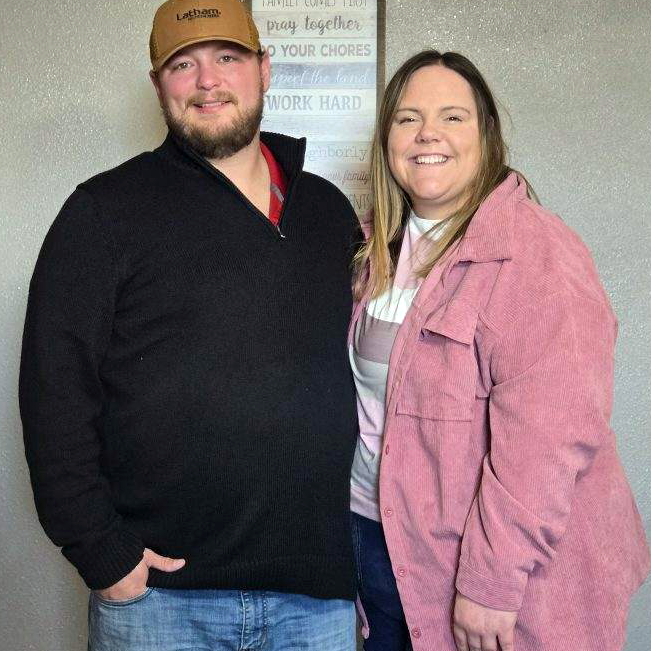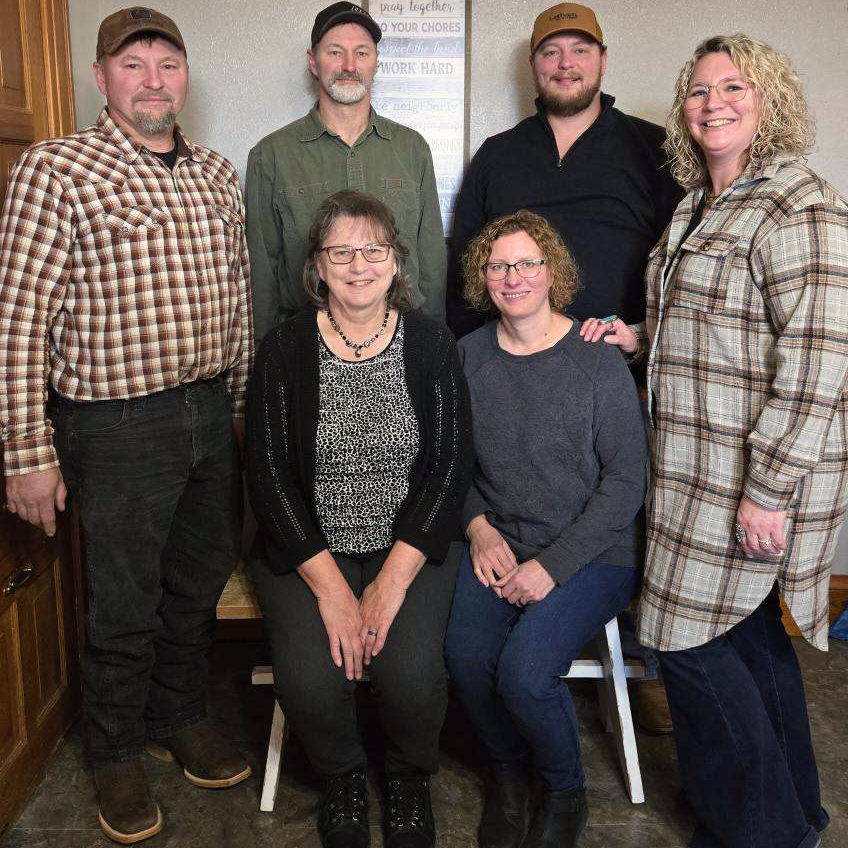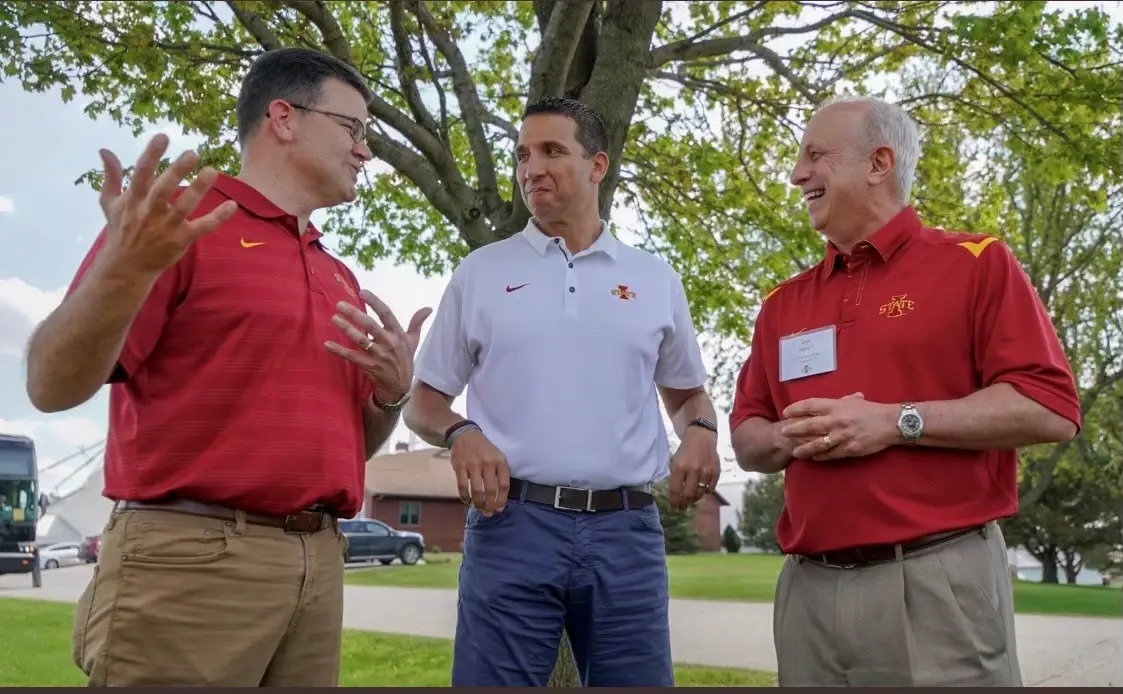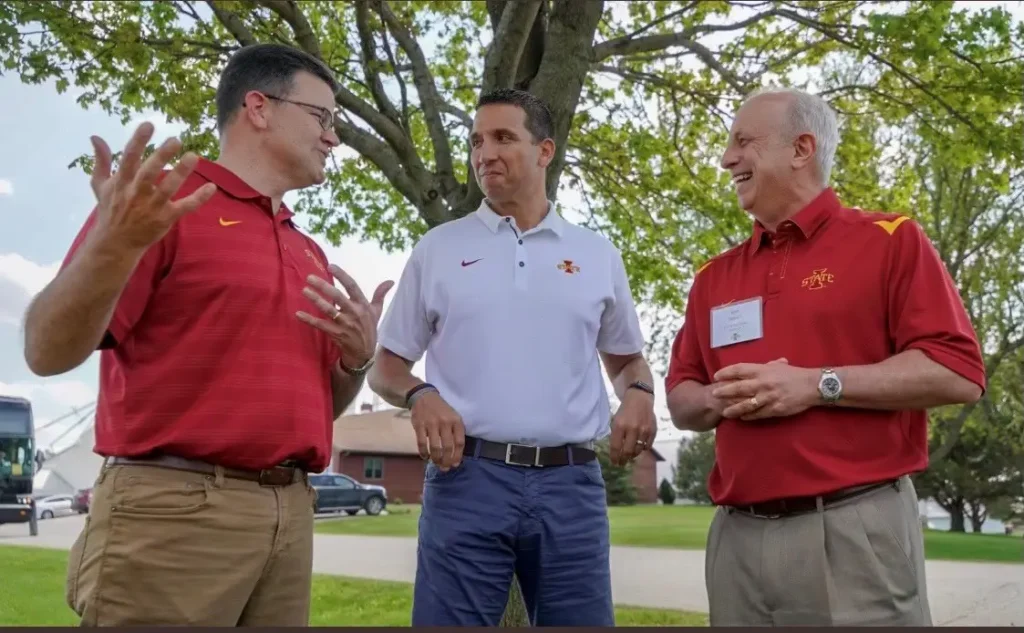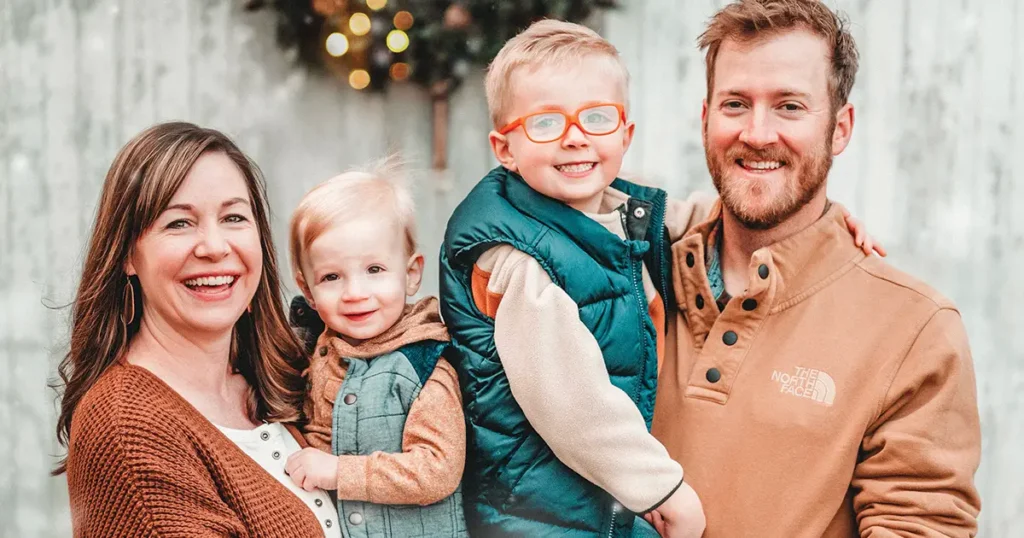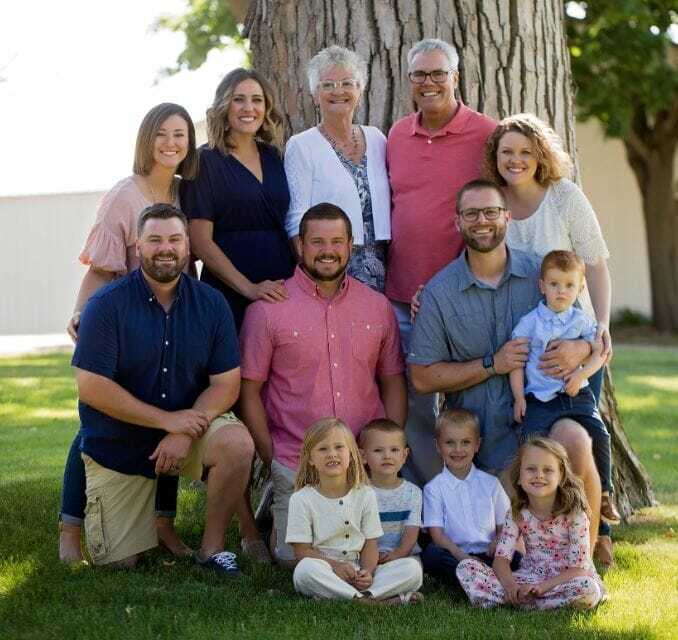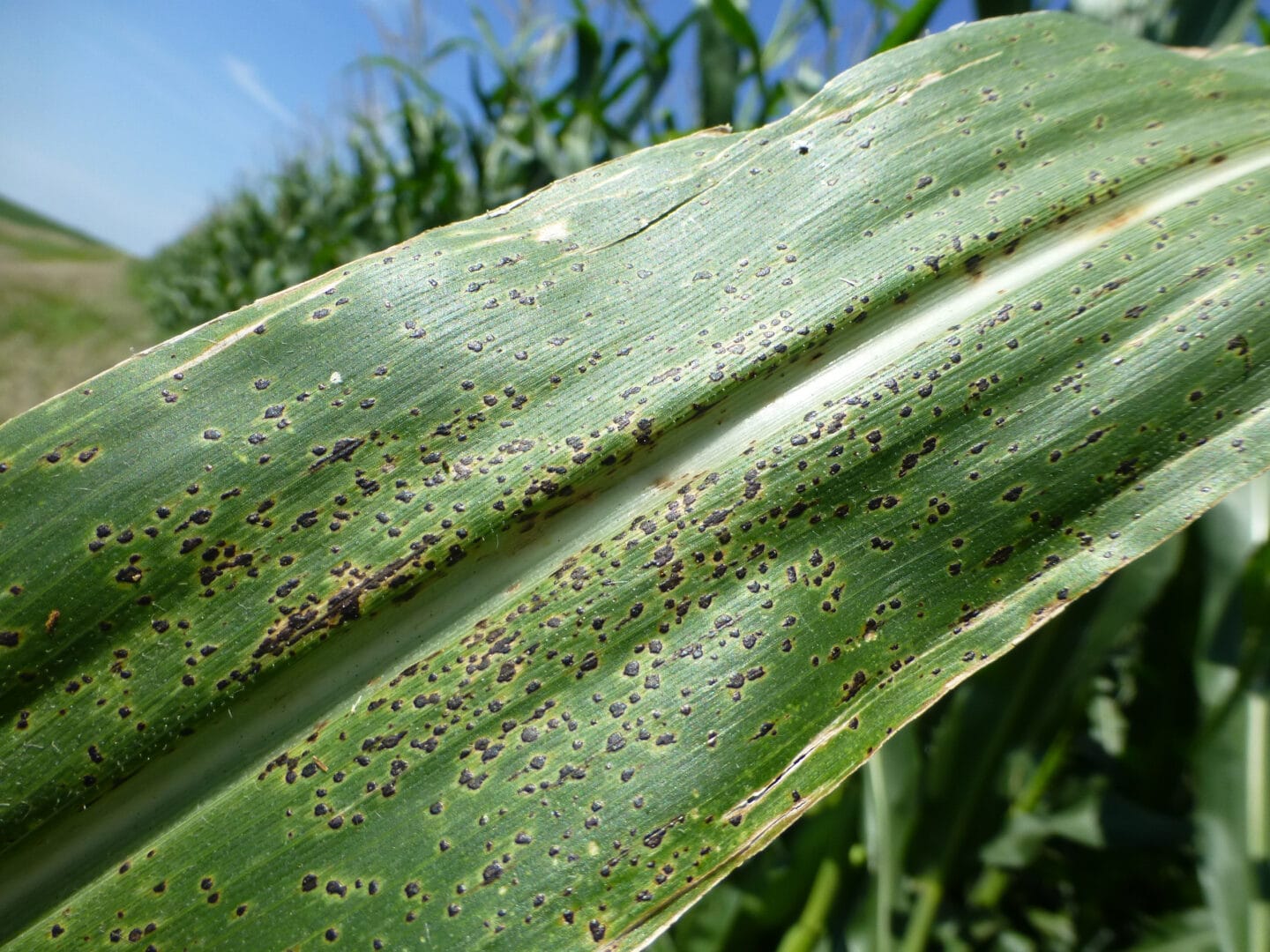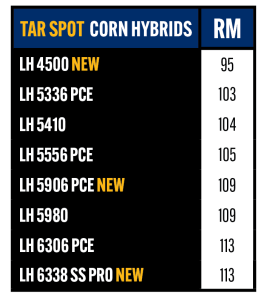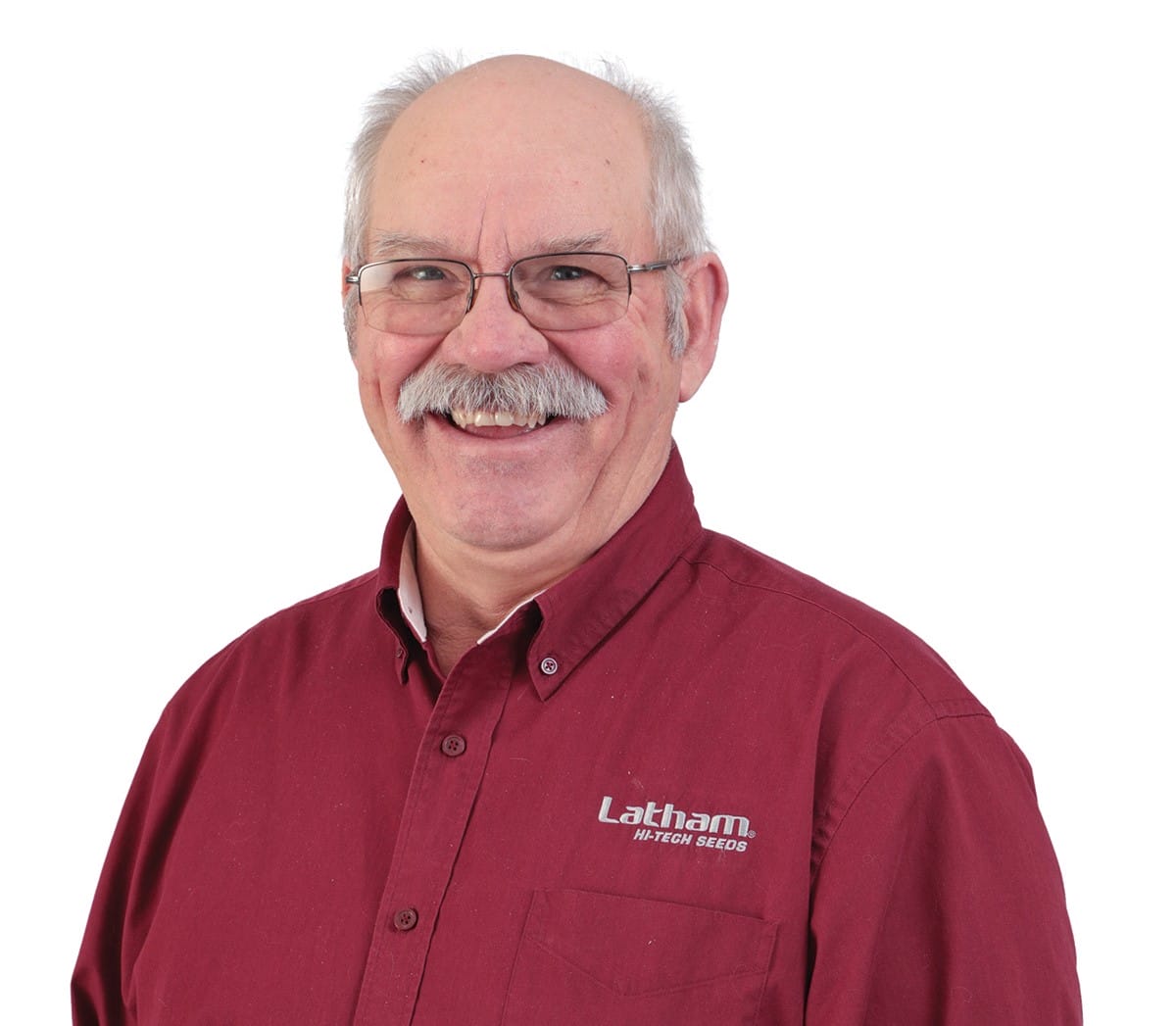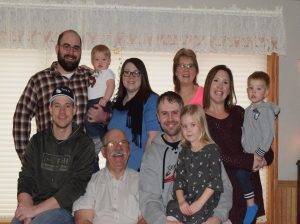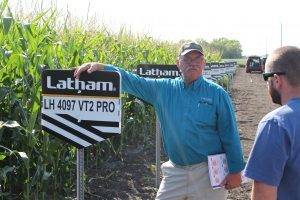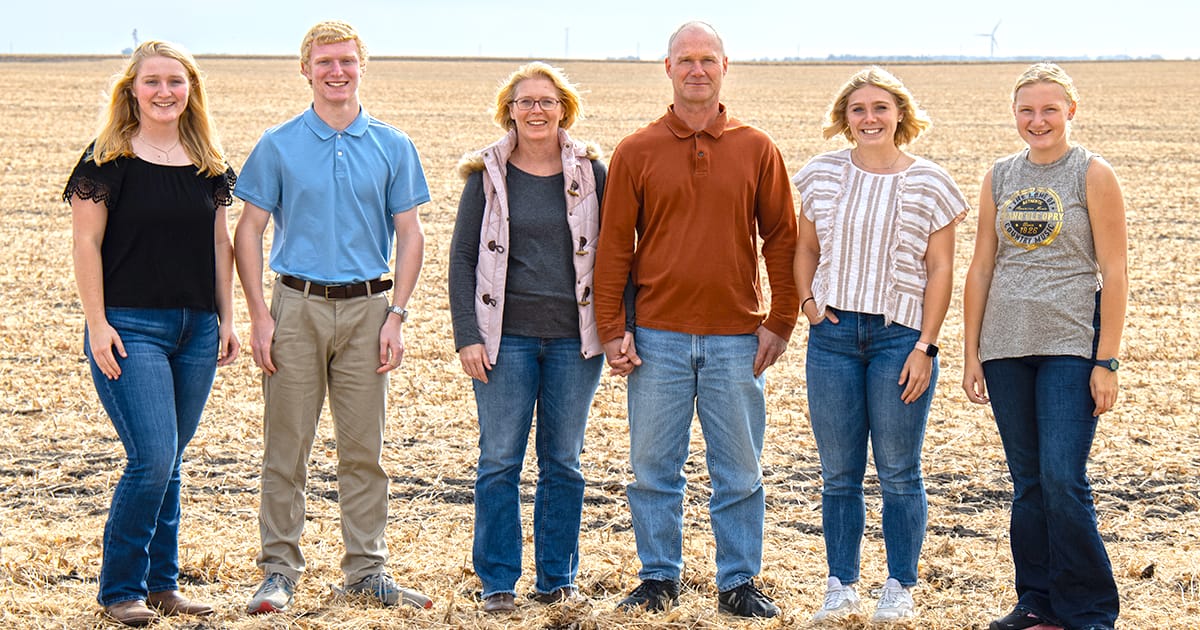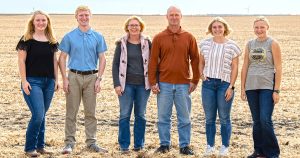
At Latham Seeds, we believe the holidays aren’t just about festive decorations and delicious food — they’re about celebrating the people who make this company feel like family. That’s why every December, our tradition of a holiday potluck takes center stage. And since National Ugly Sweater Day always falls in the mix, we encourage our team to dig deep into their closets (or their sense of humor!) and don their boldest holiday attire for the occasion.
This year’s ugly sweater celebration didn’t disappoint! From garish Grinches to light-up beachside Santas, the creativity brought many laughs. Of course, the potluck table was piled high with family recipes, each dish a reminder of the care and pride this team brings to every corner of their lives, both personal and professional.
One of the most heartwarming parts of our holiday potluck, though, isn’t the sweaters or even the incredible food — it’s the tradition of giving each Latham Seeds employee a handcrafted ornament. For years, our Site Manager, Rod Fesenmeyer, has been the mastermind behind these unique keepsakes. Each wooden ornament is carefully designed and made by Rod himself, serving as a lasting reminder of the bond we share as a team. The ornaments are different every year, making them as special and unique as the people who receive them. It’s this kind of thoughtfulness and care that reflects the heart of Latham Seeds: family-first values and a commitment to making every team member feel appreciated.
But what’s a potluck without a dish that steals the show? This year, Carma DeVries’ famous macaroni salad was the undisputed champ. Creamy, savory, and downright irresistible, it had everyone lining up for seconds. Carma is sharing her recipe with us today!

And so, as we gather this holiday season in ugly sweaters and good cheer, we’re reminded of how lucky we are to be part of such a supportive and close-knit team. From all of us at Latham Seeds, we wish you and yours a holiday season filled with joy, laughter, and traditions that bring people together — ugly sweaters optional!
